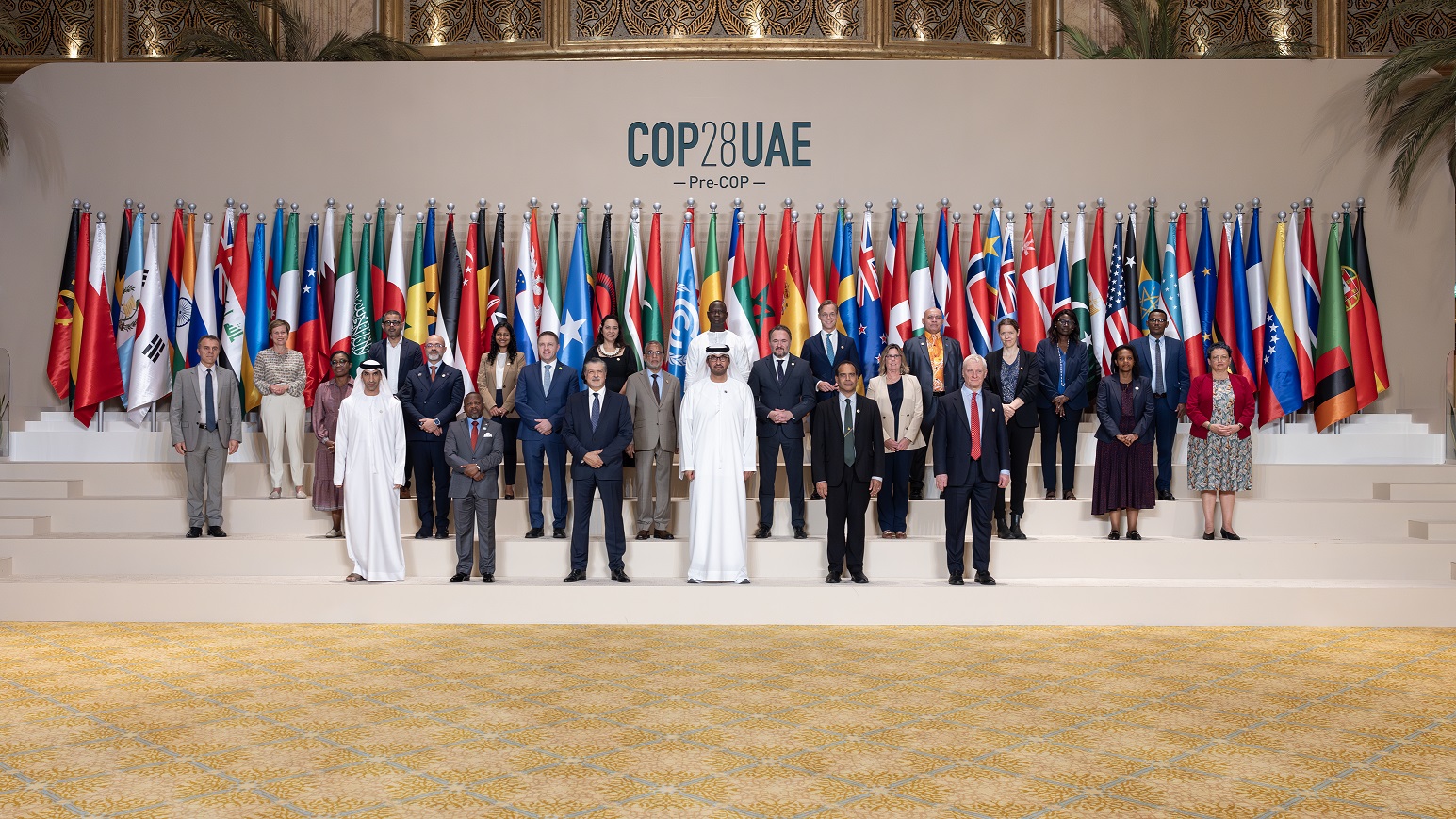This conference was the third in a series on ‘Agriculture, food and land use: the international policy challenges’ which Wilton Park has run over 3 years in association with the University of Exeter.
More than a decade into the 21st century, around a billion people still suffer from under- nutrition. The same number are affected by overweight, obesity and diet-related ill-health. As governments, the international community, and civil society organisations continue to grapple with global food security, diet is frequently listed among the factors likely to affect it in the coming years. In spite of this, the role of nutrition is often neglected in food security and agricultural policies.
This conference explored a variety of diet and nutrition-related themes, including examples of best practice in tackling under- and mal-nutrition; the policy implications and challenges of dietary change, associated with both increasing affluence and poverty; how to protect women, children and other vulnerable groups from food and nutritional insecurity; sustainable diets; the role of the private sector in boosting nutritional outcomes; and the policies required to address the various forms of under-, over- and mal-nutrition in a world of changing climate, finite natural resources, and an increasing population.
Key points from the discussion:
- Food security has tended to be concerned with producing more food but not necessarily more nutritious food.
- The double burden of under and over nutrition needs to be at the centre of national and international policy agendas. Addressing it requires complex responses and political leadership.
- There is an under and over supply of calories in different parts of the world, including within the same countries. Overweight, obesity and diet-related non-communicable diseases are now found alongside under nutrition. Even when calorie intake is high, the foods consumed may lack essential micronutrients.
- Addressing micronutrient deficiencies is complex and research on how to implement programmes required. Food fortification is one approach, although this neither addresses the full needs of children, nor does it necessarily reach the poorest groups, as they may not consume the fortified products.
- Nutrition needs to be protected and promoted throughout the supply chain1 from primary production to food provision, such as institutional food and food aid.
- Producers, including smallholders, governments, civil society, private sector investment, technology and improved infrastructure are all required to improve diet and nutrition.
- Nutrition, agriculture and gender equality are keys to, rather than outcomes of, development. Countries cannot develop with malnourished populations. The social and economic returns that follow investment in nutrition need to be highlighted.
- Female smallholders’ contribution to food production is often under-valued. Yet, they play a key role in growing food, feeding others, and improving nutritional outcomes.
- In low-income countries agriculture should be run as a business, not a development programme. Conditions need to be created in which farmers around the world can be confident they have a future.
- To improve diet and nutrition, coordination between government departments (for example, agriculture, health, trade), across sectors, and with external actors is critical. As are clearly defined responsibilities, strong accountability mechanisms, and pre-determined criteria against which success can be measured. Policy successes have been observed where government activity is led by an inter-ministerial body.
- Government policies, their implementation and delivery need to be tailored to local circumstances (cultural, national, rural, urban).
- The emerging concept of sustainable diets can help to guide policy direction and development.
Further information
The reports from the previous two meetings in this series can be found below:
Global food and agriculture: policy options in response to increased volatility












